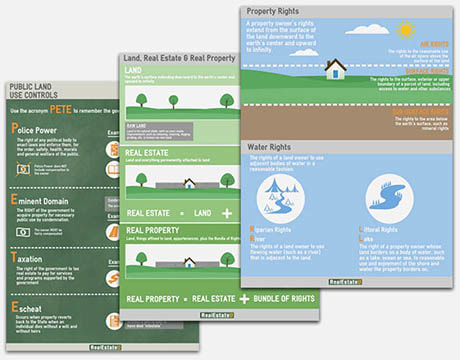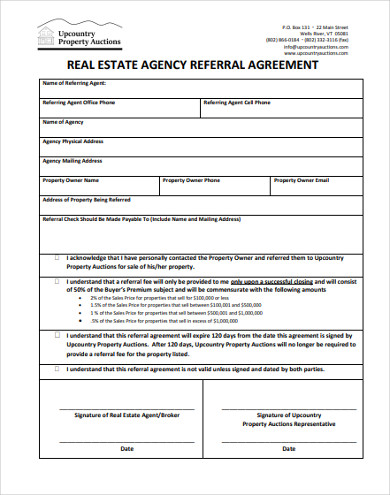
What are closing costs?
Closing cost are the additional fees you pay for the process of buying a house. Included in these costs are taxes and fees associated with real estate transactions. These are paid by both the buyer as well as the seller depending on which party is responsible for the specific process.
These costs can be a combination between one-time charges and initial monthly installments for recurring expenses. These costs could include homeowners' insurance or property taxes. Lenders may have different amounts.
Some of these fees are set, and others are based upon the amount of the loan. You will likely be required to pay an application charge, attorney fees and courier charges.
The typical closing costs of a buyer
Closing costs are usually six percent of a buyer's purchase price, and they vary according to the local and state property tax rates. These fees include things like the title company's fee, escrow fee, appraisal fee, and record filing.

What is the average cost of refinancing?
Closing costs for a refinance are typically lower than those for a purchase. But they still must be taken into account. The Loan Estimate that lenders send to buyers three days after applying for a loan will include estimated closing costs.
This estimate should not just be accurate, it should also make sense. Ask questions when you're not sure about something.
What are the closing cost for home sellers and buyers?
Most home sellers are required to pay for a number of closing expenses, such as broker's commissions or property transfer tax. They often also have to pay for prepaid interest on the mortgage, as well as home inspection and pest inspection fees.
They can negotiate these costs if they can get the service provider to agree to lower their fees. They can also request seller credits, which are funds contributed by the seller for the buyer to cover part of the closing cost.
How can you avoid closing costs?
It is best to find the right mortgage to avoid any closing costs. It's important to consider your credit score, debt-to-income ratio, and down payment amount before you apply for a mortgage.

It will also give you more time to do research on the price of homes in your preferred neighborhood or city. It will allow you to compare lenders and fees before making your final decision.
The seller must also pay a mortgage recording tax, as well as a title transfer charge. These fees are typically around 1.825% the price of the house. Buyers often overlook these fees, which can add up to 2% on the price of a home.
FAQ
Can I get another mortgage?
Yes. However it is best to seek the advice of a professional to determine if you should apply. A second mortgage can be used to consolidate debts or for home improvements.
What are the key factors to consider when you invest in real estate?
The first step is to make sure you have enough money to buy real estate. You will need to borrow money from a bank if you don’t have enough cash. It is also important to ensure that you do not get into debt. You may find yourself in defaulting on your loan.
Also, you need to be aware of how much you can invest in an investment property each month. This amount should cover all costs associated with the property, such as mortgage payments and insurance.
Finally, ensure the safety of your area before you buy an investment property. It would be a good idea to live somewhere else while looking for properties.
How can I tell if my house has value?
If you have an asking price that's too low, it could be because your home isn't priced correctly. If your asking price is significantly below the market value, there might not be enough interest. For more information on current market conditions, download our Home Value Report.
What is the average time it takes to sell my house?
It all depends on several factors such as the condition of your house, the number and availability of comparable homes for sale in your area, the demand for your type of home, local housing market conditions, and so forth. It takes anywhere from 7 days to 90 days or longer, depending on these factors.
Statistics
- The FHA sets its desirable debt-to-income ratio at 43%. (fortunebuilders.com)
- Based on your credit scores and other financial details, your lender offers you a 3.5% interest rate on loan. (investopedia.com)
- Private mortgage insurance may be required for conventional loans when the borrower puts less than 20% down.4 FHA loans are mortgage loans issued by private lenders and backed by the federal government. (investopedia.com)
- This seems to be a more popular trend as the U.S. Census Bureau reports the homeownership rate was around 65% last year. (fortunebuilders.com)
- 10 years ago, homeownership was nearly 70%. (fortunebuilders.com)
External Links
How To
How to become a real estate broker
Attending an introductory course is the first step to becoming a real-estate agent.
The next thing you need to do is pass a qualifying exam that tests your knowledge of the subject matter. This requires studying for at minimum 2 hours per night over a 3 month period.
After passing the exam, you can take the final one. To become a realty agent, you must score at minimum 80%.
If you pass all these exams, then you are now qualified to start working as a real estate agent!